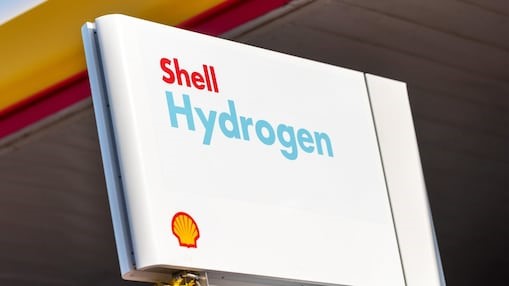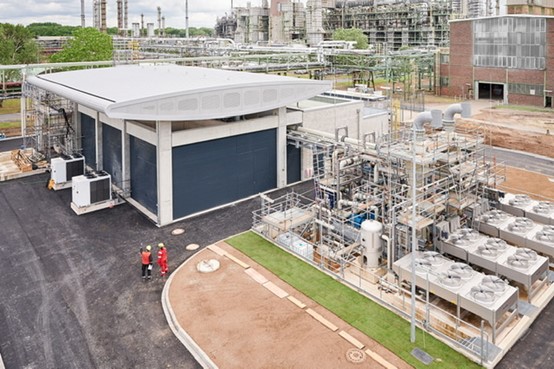


Please enter your registered phone number below to receive the verification code

The REFHYNE II project follows the successful commissioning of the 10-megawatt PEM electrolyzer REFHYNE I project in 2021, which also uses renewable electricity to produce 1,300 tons of green hydrogen annually. Manufactured by ITM Power in Sheffield, UK, the electrolyzer comprises components from Italy, Sweden, Spain, and Germany. REFHYNE II will utilize PEM electrolyzers produced by ITM Power and Linde. At the inauguration of the first phase, Dr. Graham Cooley, CEO of ITM Power, indicated that the 100-megawatt electrolyzer (Refhyne II) would pave the way for future gigawatt-scale hydrogen projects.

REFHYNE I
In addition to the German hydrogen production projects, Shell is currently constructing the Holland Hydrogen I project in the Netherlands, with a capacity of 200 megawatts. Under construction and set to operate by 2025, it will be one of Europe's largest renewable hydrogen plants. The 200MW electrolyzer will be located at Tweede Maasvlakte in the Port of Rotterdam, producing approximately 60,000-80,000 kilograms of renewable hydrogen daily. The renewable energy for the electrolyzer will come from the Hollandse Kust (noord) offshore wind farm, part-owned by Shell.

Holland Hydrogen I
2024-12-15
2024-12-14
2024-12-11
2024-12-11
2024-12-10

Electric Vehicle | Huawei HIMA Launches Two New Models of AITO M7 Pro and LUXEED R7

Solid-State Battery | QuantumScape Starts to Deliver QSE-5 B Sample Solid State Prototype Cells for OEM Testing...

Lithium-ion Battery | CATL Plans to Expand 60 GWh Battery Capacity in Luoyang
Electric Vehicle | BYD Launches D-Class Luxury Models Denza Z9GT and Denza Z9
LFP | LBM's First Overseas Lithium Iron Phosphate Plant Settles in Indonesia
Lithium | CATL Lithium Carbonate Production Halted, Lithium Prices Rise
Cathode Material | Easpring Keeps Growing LFP/LMFP Business, with Diversified Cathode Materials
Solid-State Battery | LiPURE Energy: the First All Solid-State Lithium Battery Mass Production Line Officially Launched in China...